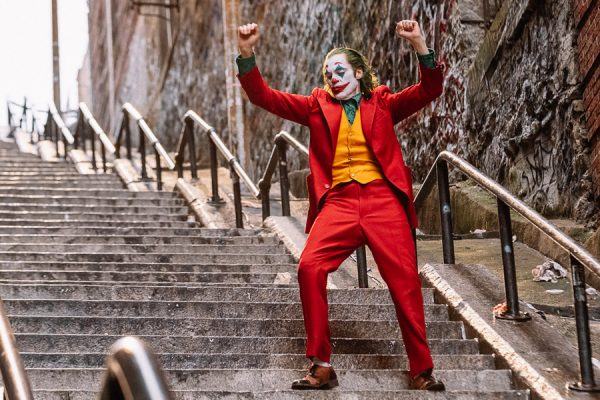Set in 19th Century Midwest America, an expedition accompanied by tracker Hugh Glass (DiCaprio) is attacked by Native Americans. In the fallout, Glass is attacked by a bear and left for dead by John Fitzgerald (Tom Hardy). Glass survives, and hunts down Fitzgerald for revenge.
From the outset, the story of The Revenant is a simple revenge tale featuring a man against all odds. But bring in visionary director Alejandro G. Inarritu, and it becomes something else entirely; a masterpiece full of thought-provoking symbolism, inspiring defiance and utterly impeccable imagery.
The young America that Inarritu presents to us is a world away from the one that we’re accustomed to today. There are no stars and stripes, and this is no land of opportunity nor of freedom. The landscape is harsh – between the Americans, the French and the Natives, there is murder, thievery and death. The greenery that represents peace and sanctuary is replaced here with unforgiving ice and snow – and cold that tortures.
One particularly telling shot shows the pre-civil war American flag flying over the unwelcoming walls of a fort that will one day become a thriving American city, whilst the tents of Native Americans who seek its shelter sit outside it in the freezing cold. Inarritu sets this revenge tale in an environment that is a metaphor for today. “You all have stolen everything from us. Everything! The land. The animals” snaps a Native to a Frenchman.
And then there are the metaphors of the main characters themselves – both portrayed in stellar roles by Hardy and DiCaprio. Whilst often the imperfect background of villains generate a certain amount of sympathy, Fitzgerald comes off as pure evil. Not without purpose however – for it is his character that represents the selfishness of man – it is he who comes first, before Glass, before everybody. “I saved you twice. You might as well call me God” he hubristically utters. Glass on the other hand is the revenant (a person who has returned, especially supposedly from the dead), the man who simply refuses to die. What Glass is put through in this film makes Matt Damon’s “The Martian” look like a holiday. One heart-shattering scene follows Glass rest on the body of a loved one, reminding us of a story we know all too well. Yet it is his perseverance, his refusal to give up that inspires. His refusal to accept the loss that Fitzgerald made him suffer.
The cinematography is nothing short of spectacular. In a crime, Inarritu received an Oscar nomination as opposed to win for his previous film, ‘Birdman’, which was filmed as an entire one-shot wonder. Here, it is easy to forget watching the events transpiring at times and rather follow the way this film has been shot. The camera refuses to allow you to believe that what you are witnessing is being filmed, tracking to angles you never knew achievable.
But there is a hidden party this film – the representation of God, and the plan of God. Fitzgerald almost sees himself as God, and Glass is fighting through the tests of God, while the Natives are acting out the plan of God. It is a direct result of the Natives opening attack on the expedition that a chain of events is set out that provokes Glass to seek his justice – and the justice of so many that Fitzgerald and his like have made suffer. That’s not to say the ending is what you think it would be – you’ll have to wait and see.
“I ain’t afraid to die anymore. I done it already.” Hugh Glass
Halal notes: A lot of violence, one disturbing scene of rape.
Overall verdict: 10/10
The Revenant is an visionary retelling of a classic story, with significant spiritual undertones that leave you pondering for days on end.
by Ahmad SA





